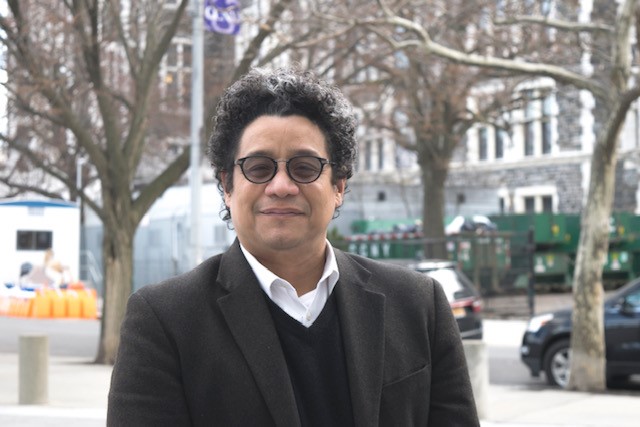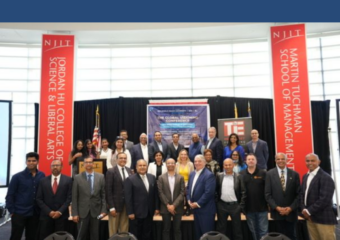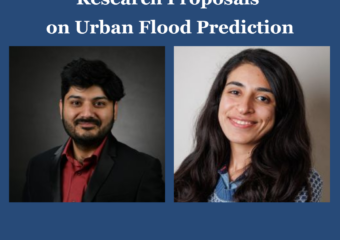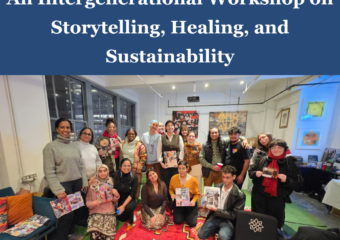$1.5M NSF grant funds new CCNY, U. Colorado sustainable tech research center
CCNY’s Jorge E. González, Presidential Professor in the Grove School of Engineering,
and a CUNY-CREST affiliated faculty will lead the Building Energy Smart Technologies (BEST) project in New York.
The City College of New York is partnering with the University of Colorado Boulder in an innovative National Science Foundation-funded research center for sustainable building technology. A $1.5 million NSF grant, matched by industry associates for a minimum of $3 million over five years, will establish the Building Energy Smart Technologies (BEST) Center in Boulder.
BEST’s mission will be to advance sustainable buildings and cities ranging from HVAC manufacturing, to smart glazing for windows, smart building controls, advanced insulation materials, new energy storage systems, and improved air quality systems. It will also seek to promote the integration of renewables such as solar systems.
Jorge E. González, Presidential Professor in City College’s Grove School of Engineering and BEST project leader in New York, said: “This is a major milestone and opportunity, as it validates our long-term efforts in research and education on building systems as supporting activity to our city. We will be providing engineering and technology solutions to connect the outdoors environment to the indoors of buildings to enable smart and sustainable responses.”
BEST will operate under the NSF Industry-University Cooperative Research Centers model. This setup is designed to help startups, large corporate partners and government agencies connect directly with university researchers to solve common research obstacles in a low-risk environment. The aim is to develop new technology faster and build out the U.S. workforce in critical areas.
“This will be a long-term collaboration with industry partners of the building sector that will allow us to collectively identify emerging needs and opportunities, facilitate effective R&D roadmaps and executions, and most importantly provide opportunities for workforce development by training our undergraduate and graduate students with the needed skills to be employed by the industry partners,” González said.
In addition to meeting emissions goals, new smart and adaptable technologies in the built environment will provide responses for increasingly frequent extreme weather events due to the rapidly changing climate. The work will also direct attention on emerging challenges in the building sector due to pandemics and health crises such as those caused by COVID-19.
(Excerpts from CCNY press release)




